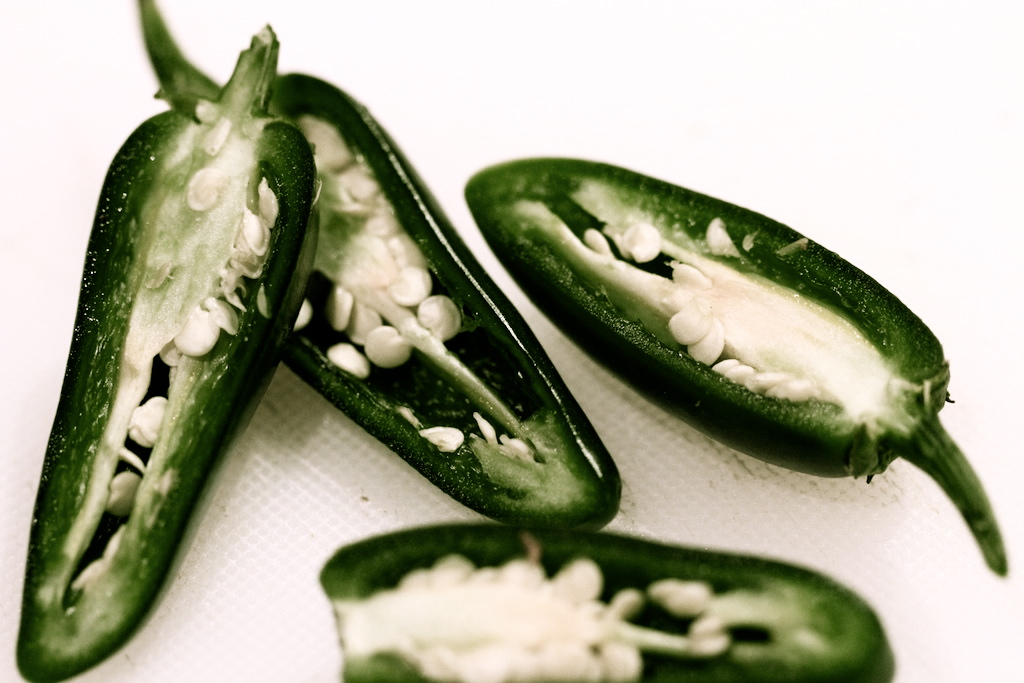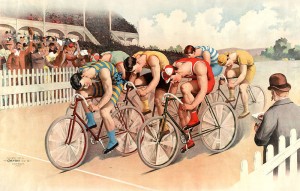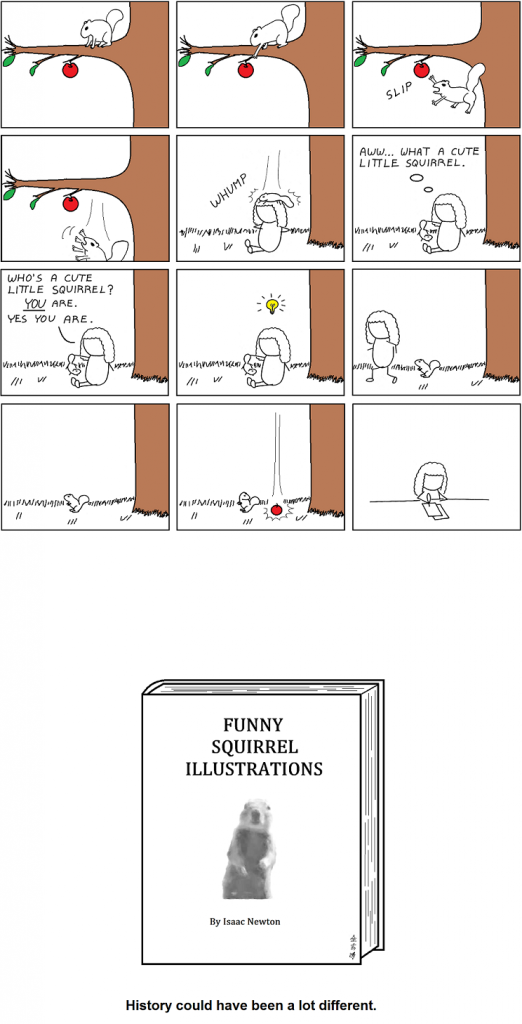
Late Saturday evening, I was cutting jalapeños for the salsa for the next day’s barbeque party. I had a few other things on my mind — like my bean salad, and cleaning the bathroom, and figuring out what to write for this post — and so I forgot the lesson learned the last time I cut hot peppers: just wear gloves, you idiot. Five minutes later, my hands were on fire.
The stuff that makes jalapeños hot is a colorless, odorless compound called capsaicin, found mostly in the white pith that connects the seeds to the shell. Capsaicin works by binding to ‘TRPV1’ receptors in your nerve cells, which in turn sets off pain messages. Inside your mouth, small amounts of capsaicin makes for a pleasantly tingling spice, which I happen to love when mixed with the salt of a tortilla chip. But when rubbed in large quantities over both sides of both hands, capsaicin feels like a bad, bad sunburn.
Continue reading






